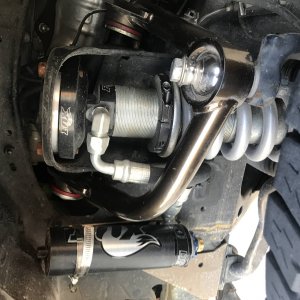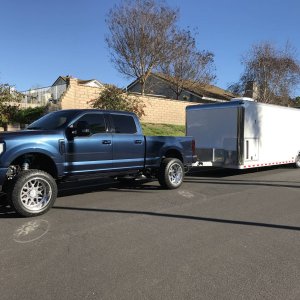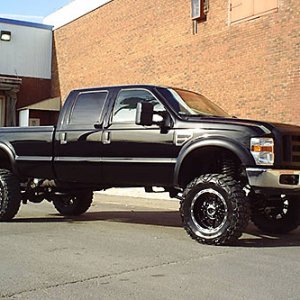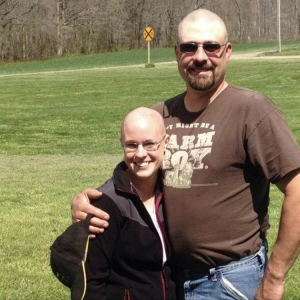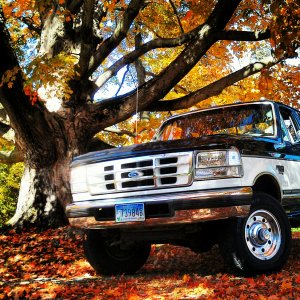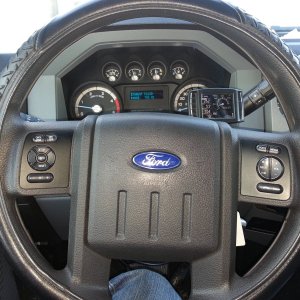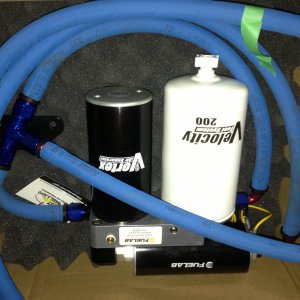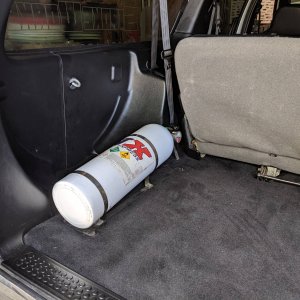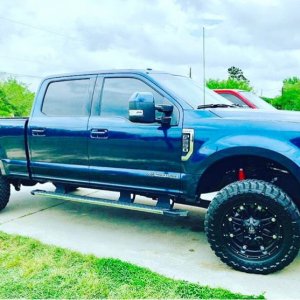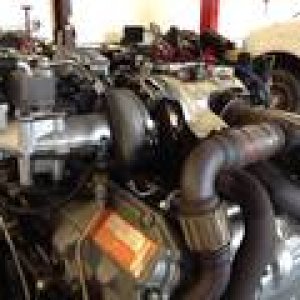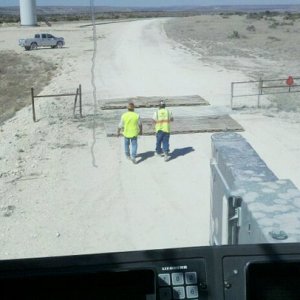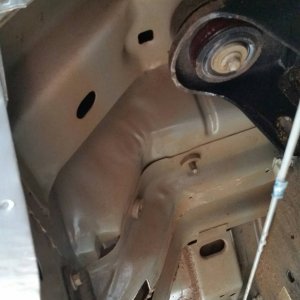Dave,
I am with you and have been saying this for years now. If you think about it at the basic level CP which is what lifts a head is correlated to FTLB torque. Of course technically you have when the combustion event happens and its curve that certainly can have an effect but given things being equal CP and tq have a direct correlation.
This is a pretty accurate statement when dealing with proper timing. When timing advances too much you'll get spiking CPs and much lower power output.
Lets open this up a bit further and add even boost or positive pressure into the mix. I would say even boost does not have a direct effect on HG issue. Think about how the same boost form different spec turbos have significantly different effects on actual power output. Sure we can look at boost and say you need fire rings or studs ect but is it really the boost or the power we know that with the boost and setup its going to produce. Its not really the boost psi it self as once again you are only talking about 50-200 psi being added.
Boost has more to do with CPs than backpressure. I don't know what DCR usually runs on diesels so I'll just use SCR for an educational example here.
You've got a cylinder with 18:1. Put 50psig on that and you're looking at ~1,165psi before combustion occurs. That's around a 79:1 ratio to atmospheric pressure.
Say you're now putting 100psig to that same cylinder, now you're looking at ~2,065psi prior to combustion and around a 140:1 ratio to atmospheric.
The cool thing about that is you now have roughly 140 more times oxygen in the cylinder than you would if you were running NA - so you can now inject a BUNCH more fuel than you could NA while still getting a good combustion event and make a BUNCH more power - which means even higher CPs during combustion.
Timing plays a big factor still. Want to lower CPs? Retard your timing. You'll see a resultant power drop related to the lower CPs. The piston is now further along in it's downward motion when combustion begins and peaks. The larger and expanding container has less pressure on it's walls as the hot gases expand.
Advance your timing back and you'll gain that power back as you transfer more energy to the piston due to the higher CPs.
Go too far advanced and your combusting, heating, expanding cylinder fuel/air mass will fight the piston during it's travel up to TDC. That'll usually end in mechanical failure because of spiking CPs as combustion spreads, heat builds, and the air tries to expand against a shrinking container - creating very high pressure on its walls.

